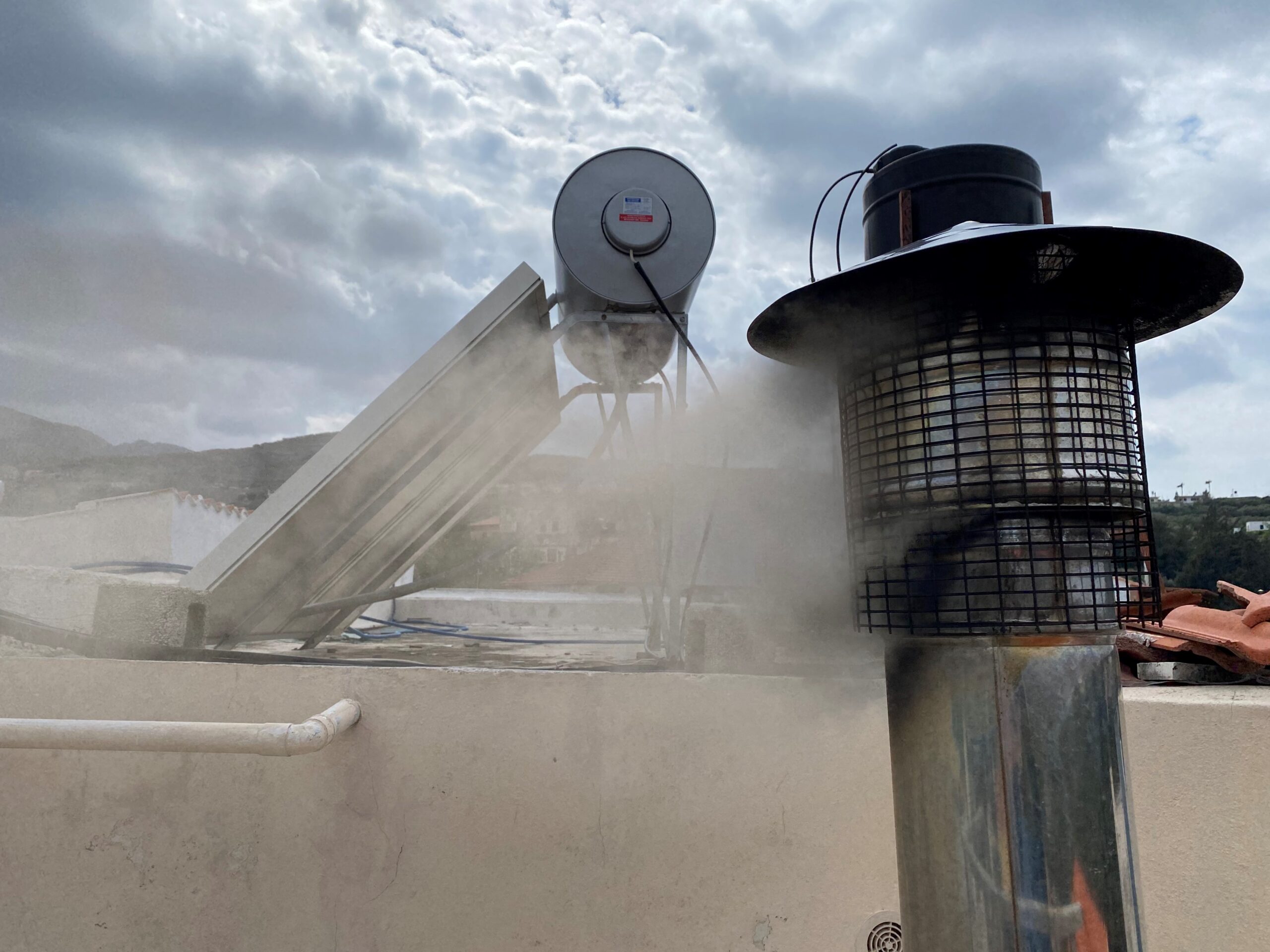Through extensive ethnographic research, Rauter has found that the leaders and experts of Norwegian energy companies, whom she refers to as energy elites, play a key role in shaping the future of energy production. “They are often very optimistic,” she says. Some see potential for “clean” oil and gas, whose production would be electrified and whose carbon emissions would be stored underground rather than being emitted to the atmosphere.
But during her time in Norway, Rauter observed a big attitudinal change in favour of renewables and against hydrocarbons. “Between 2018 and 2020, powerful people in the industry left their oil and gas positions to concentrate on renewables. This is a big change for an oil nation.”
Part of the story, adds Rauter, is that potential recruits to the energy industry want to work in renewables. “Many new engineering graduates avoid hydrocarbons. They prefer applying their expertise in the renewables sector.”
Beyond the technical issue of hydrocarbon production and greenhouse gas emissions, says Rauter, lie questions of Norwegian identity. “Norway has been producing oil since the 1970s, and the oil profits contribute significantly to the Norwegian social welfare system. Some Norwegians find it difficult to envision the state system without oil and gas.”
Despite this, Rauter notes that when she left Norway in February 2020, there was a mood of change; most if not all of the energy elites she encountered were working to promote a sustainable energy future.





